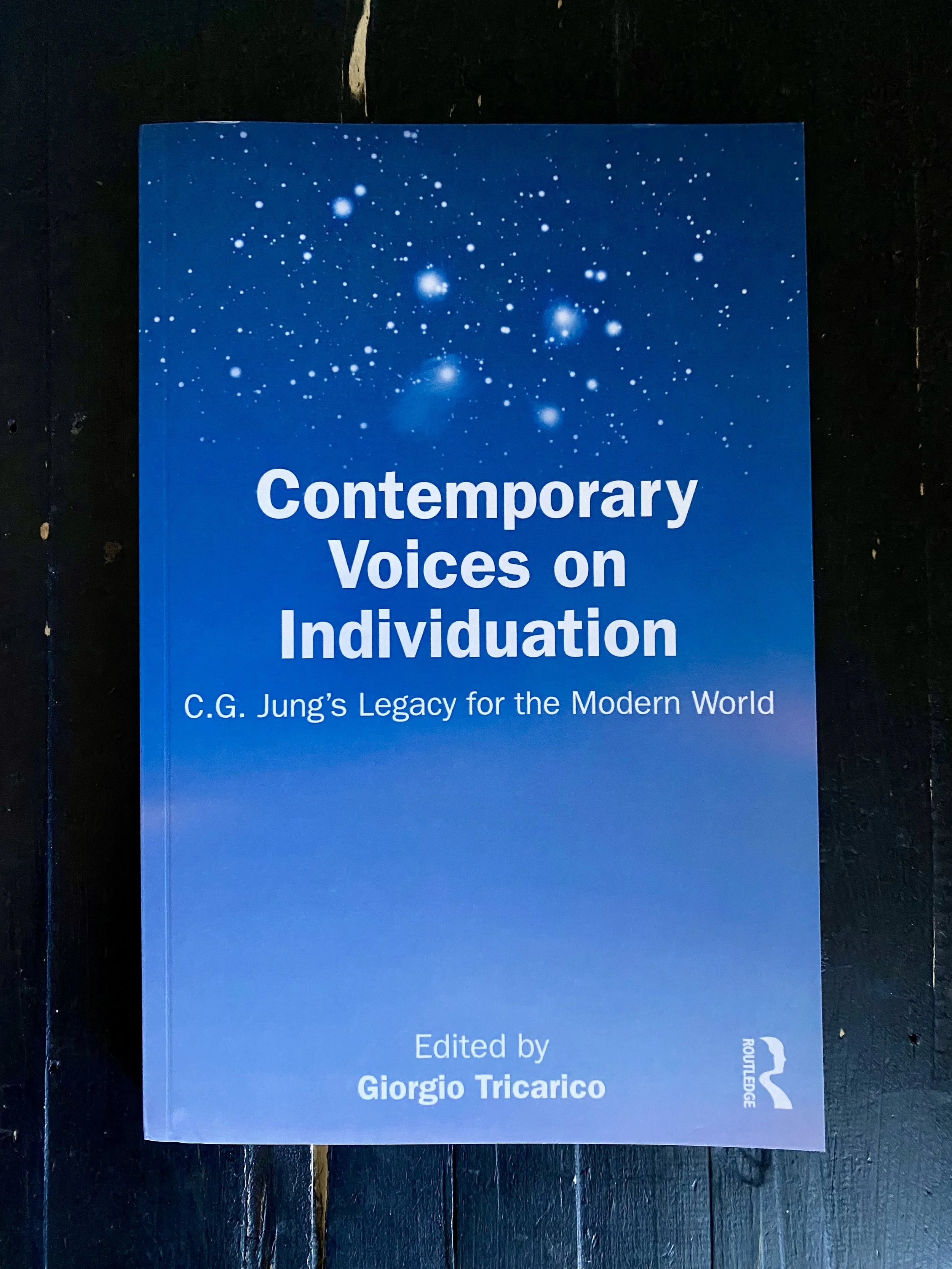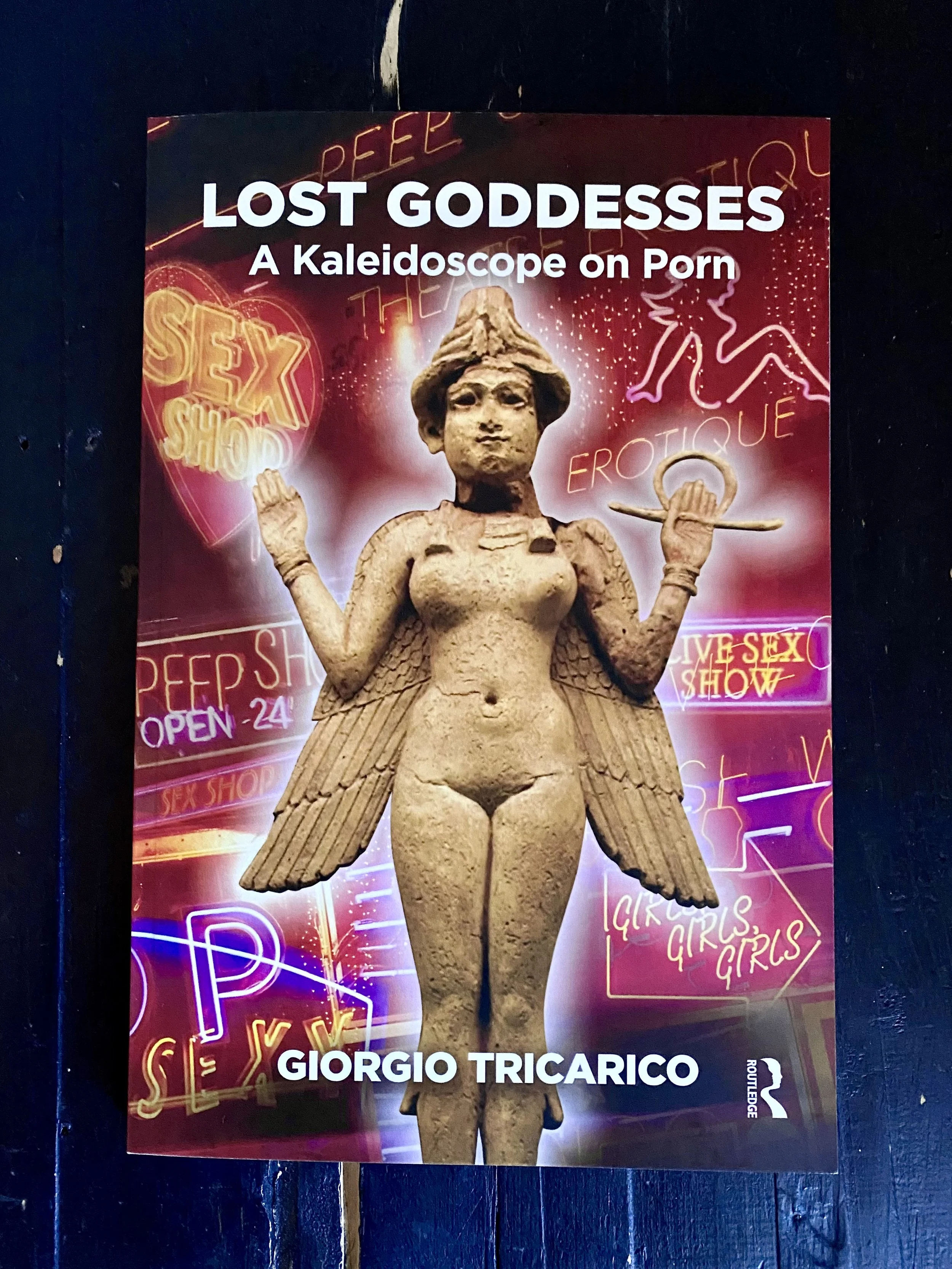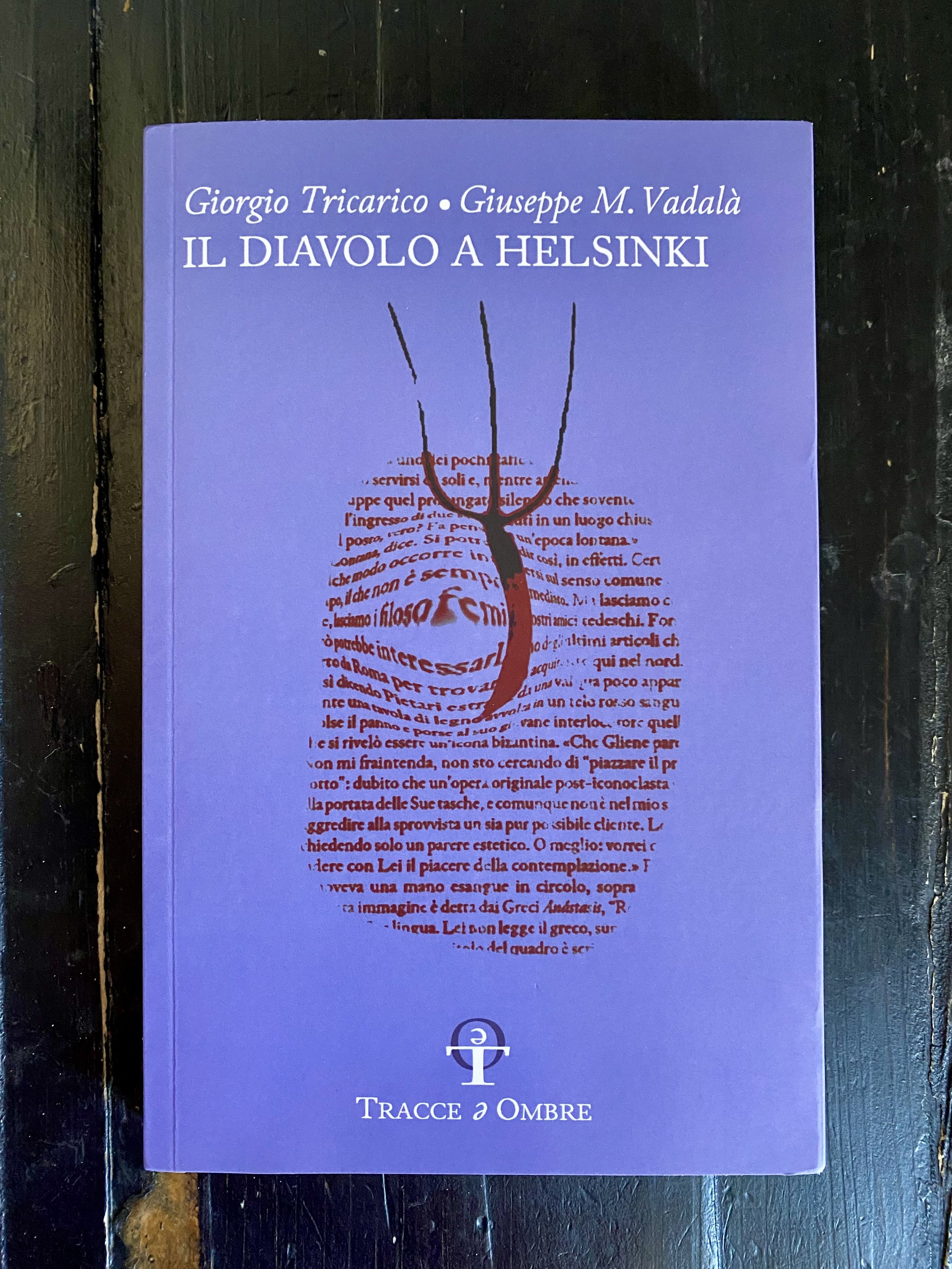This new collection of essays by a range of Jungian analysts and scholars seeks to address the concept of individuation in contemporary times, and reflects on its meaning within the 21st century.
The concept of individuation is at the core of Analytical Psychology, and can be considered the main legacy of C.G. Jung’s body of work. And yet, in the collective culture, Jung seems to be mostly associated with the concepts of archetypes, collective unconscious and psychological types. Opening with a compelling conversation on the topic with Professor Sonu Shamdasani, the authors within this volume will delve into the concept of individuation and explore it in conjunction with clinical processes, synchronicities, the geopolitics of psychology and decolonial reciprocity, traditional healers and the Grail Legend, homosexuality and identity politics, polyamory and co-individuation, and with temporality and mortality.
Featuring a wide range of perspectives from an international cast of authors, this volume will be of great interest to Jungian analysts, students and scholars interested in depth psychology and Jungian theory and anyone wanting to learn more about individuation.
Lost Goddesses A Kaleidoscope on Porn
Porn is a complex symbol of our modern world, and a shining example of the 'Shadow' of Western culture.
While many books essentially show its negative sides, the risks of addiction, the danger of damaging the relationship between sexes, and so on, this work focuses on porn as a phenomenon of our times, exploring its many shades.
From the perspective of Analytical Psychology, porn appears to be a symbol of the complexity of the human psyche, which emerged in a specific moment of the history of consciousness. Porn is put in relation with technology, with consumerism, with our neglecting the body, with the dictatorship of the image, with the individual and the collective shadow, and with the unconscious nostalgia of the sacred and the divine.
Lost Goddesses is not only addressed to psychotherapists, but to anyone interested in understanding porn as a phenomenon of the society of technology, its inner logic, and its multiple layers and connections.
The Labyrinth of Possibility
Foreword by Donald Kalsched
What exactly happens between the patient and the analyst when therapy is effective? Profoundly unsatisfied by the orthodox but vague explanation that “the therapeutic factor is the relationship”, Giorgio Tricarico explores a hypothesis that is able to comprehend many different methods of both therapy and analysis.
Starting from his own clinical experience, Tricarico runs into the image of the classical labyrinth (Daídalon) and a deeper analysis of what this symbol implies, revealing it as a symbol of "Possibility". The worldwide presence in different cultures and ages of the labyrinth as such a symbol may indeed point to the existence of an element beyond it, a potential, whose emergence in the relationship between patient and analyst could be a fundamental factor for psychic change.
Different methods of cure, seen through the lenses of the hypothesis expressed, may share a common factor of transformation.
With the help of clinical cases, the concept of "impossibility" in analysis is also explored. Situations in which every change seems to be impossible compel us to widen our concept of possibility and to return to its original meaning, far away from the omnipotent one the Western world blindly keeps repeating.
IL DIAVOLO A HELSINKI
Chi è Pietari Jakola, l’inquietante individuo che Matteo incontra nel centro di Helsinki in un freddo venerdì di dicembre?
Matteo è un uomo del terzo millennio che non si riconosce nel tempo in cui vive. A partire da quella che lui definisce un’esperienza Giobbe, cioè l’esperienza di un carico di dolore che eccede una quantità tollerabile, inizia a cercare con rabbia un senso al “dolore del mondo”. Proprio allora compare Pietari, che sardonicamente spariglia e rovescia i faticosi tentativi di Matteo di cercare un senso al male, di mettere ordine nel caos, di intendere l’incomprensibile.
Il racconto si snoda nell’arco di soli tre giorni, tra riflessioni e dialoghi sulle relazioni umane, sul nostro mondo malato e sulle domande di sempre dell’essere umano: da dove viene il male, perchè il dolore, che senso ha la morte.
Ma nel racconto non trovano posto risposte definitive; solo ipotesi insature e un tragitto di ricerca che chiama altri viaggiatori a unirsi, per poter fare una differenza.


